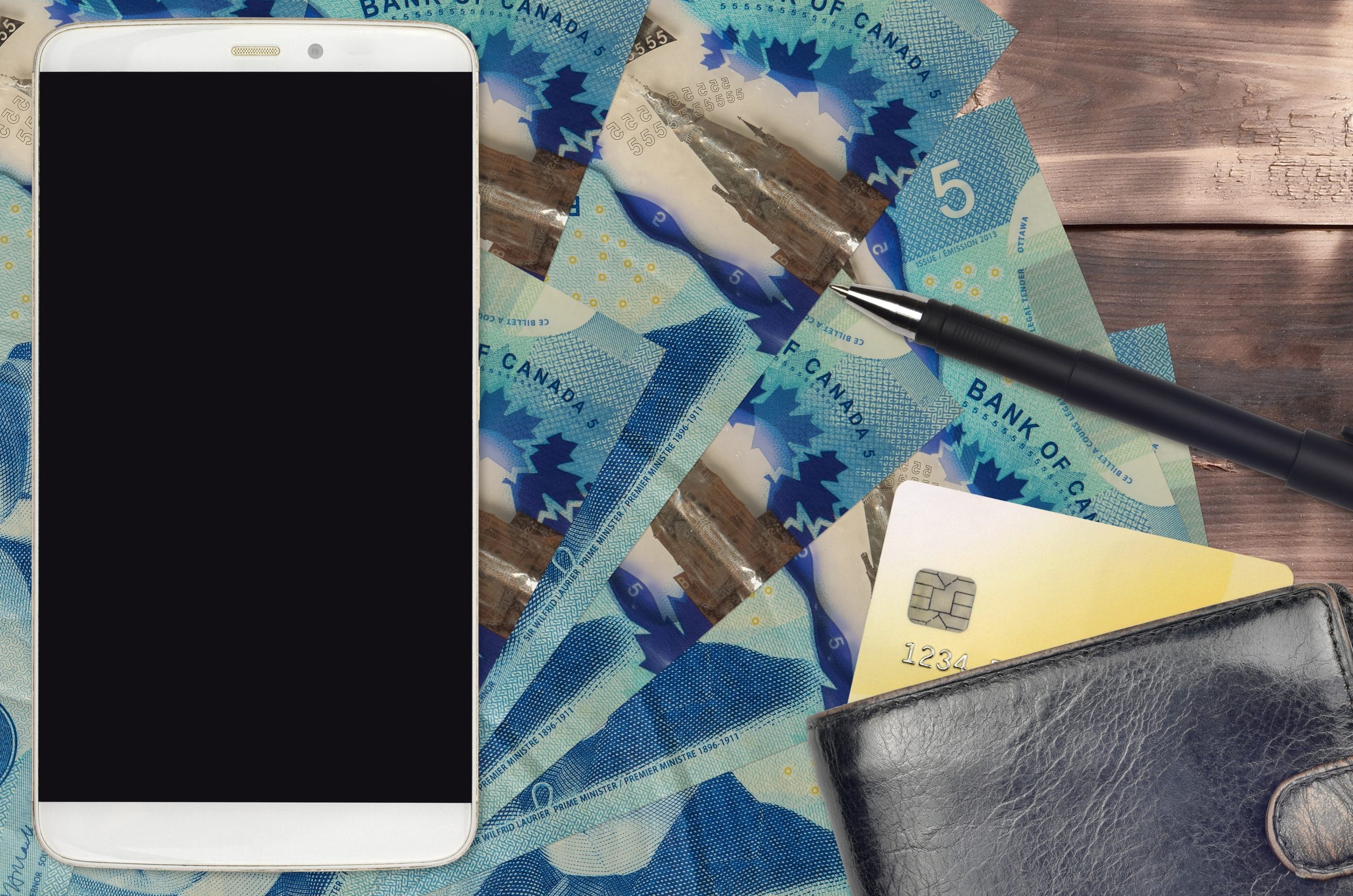Managing your money in Canada can feel like a challenge, with rising costs for everyday essentials. From groceries to gas, it often seems like expenses are only going up. The good news is that with a clear strategy and the right tools, you can take control of your finances, reduce stress, and start building a more secure future. This guide provides practical and effective saving money tips Canada to help you get started.
By making small, consistent changes, you can see a big impact on your bank account. We’ll explore how to tackle major spending categories, from your kitchen pantry to your daily commute. We’ll also show you how an app like EMOHPay (Google Play version) can simplify the process, helping you track your progress and stay motivated on your journey to financial wellness.
Master Your Grocery Budget with Smart Planning
Food is one of the largest and most variable expenses for Canadian households. Without a plan, it’s easy to overspend. Creating a realistic grocery budget is the first step toward reining in your spending.
Start by tracking your food expenses for a month to understand your current habits. The EMOHPay app makes this simple by allowing you to tag expenses and categorize them, giving you a clear picture of where your money is going. Once you know your baseline, you can set an achievable goal. A great way to cut costs is through effective meal planning. Before you head to the store, plan your meals for the week, create a detailed shopping list, and stick to it. This simple habit prevents impulse buys and reduces food waste, saving you money in the long run.
Using price-tracking apps can also lead to significant savings. These applications help you compare prices across different stores, find the best deals, and take advantage of sales flyers without having to collect them manually.
Lowering Household Bills: Utilities Savings
Your monthly bills for hydro, heating, and internet can take a significant bite out of your income. However, there are several ways to achieve utilities savings without sacrificing comfort.
Start with simple energy-saving habits. Unplug electronics when they are not in use, switch to energy-efficient LED light bulbs, and wash your clothes in cold water. During colder months, seal drafts around windows and doors to keep heat from escaping. In the summer, use fans and close blinds during the day to keep your home cool.
When it comes to your internet and phone bills, don’t be afraid to negotiate. Call your provider and ask if you are on the best possible plan for your needs. Often, they have new promotions or loyalty discounts available, but you have to ask for them. Comparing offers from different providers every year or two can also ensure you’re always getting a competitive rate.
Reducing Transportation Costs
For many Canadians, transportation costs are a major monthly expense. Whether you drive, use public transit, or rely on ride-sharing services, there are opportunities to save.
If you own a car, regular maintenance is key to preventing costly repairs. Ensure your tires are properly inflated to improve fuel efficiency. Combine errands into a single trip to reduce mileage. Consider carpooling with coworkers or using public transit a few days a week.
For those who don’t drive, purchasing a monthly transit pass is almost always cheaper than paying per ride if you commute regularly. Exploring alternative options like cycling or walking for shorter distances is not only free but also great for your health. Every trip you replace with a walk or bike ride is direct savings in your pocket. These are some of the most overlooked saving money tips Canada.
The Power of a No-Spend Challenge
Have you ever heard of a no-spend challenge? This is where you commit to not spending any money on non-essential items for a set period, like a week or a month. Essentials like groceries, rent, and utilities are allowed, but impulse buys, takeout, and entertainment are off-limits.
This challenge serves two purposes. First, it provides an immediate boost to your savings. Second, and more importantly, it resets your spending habits. It forces you to become more mindful of your purchases and distinguish between your needs and wants. After completing a challenge, you’ll likely find that you are more intentional with your money, which leads to long-term financial benefits.
Using Technology to Your Advantage
In the digital age, managing your finances has never been easier. Tools like EMOHPay are designed to put you in the driver’s seat of your financial life. Instead of manually tracking every dollar in a spreadsheet, you can link your bank accounts to get a real-time overview of your spending.
With EMOHPay, you can create detailed household budgets, allocate funds for different categories like groceries and rent, and even set savings goals for things like a family vacation or an emergency fund. The app’s expense tracking feature allows you to see exactly where your money is going, helping you identify areas where you can cut back. By leveraging technology, you can make informed decisions and transform your financial habits with confidence. This is one of the most powerful saving money tips Canada for anyone looking to make a lasting change.
Frequently Asked Questions
What’s a realistic grocery budget per person in Canada?
A realistic grocery budget can vary based on location, dietary needs, and shopping habits. However, according to recent data, a moderate budget is approximately $350-$450 per person per month. A more frugal approach could lower this to around $250-$300. Tracking your spending with an app like EMOHPay is the best way to determine a budget that is realistic for you.
How do I lower hydro and internet costs?
To lower hydro costs, focus on energy conservation: use LED bulbs, unplug devices, and wash clothes in cold water. For internet, regularly compare plans from different providers and call your current company to negotiate a better rate or ask about loyalty discounts.
Are “no-spend” weeks actually effective?
Yes, no-spend weeks can be very effective. They provide a quick way to save money and, more importantly, help you become more conscious of your discretionary spending. This heightened awareness often leads to better long-term spending habits.
By implementing these saving money tips Canada, you can build a stronger financial foundation. Start by choosing one or two areas to focus on, track your progress, and celebrate your successes along the way.











